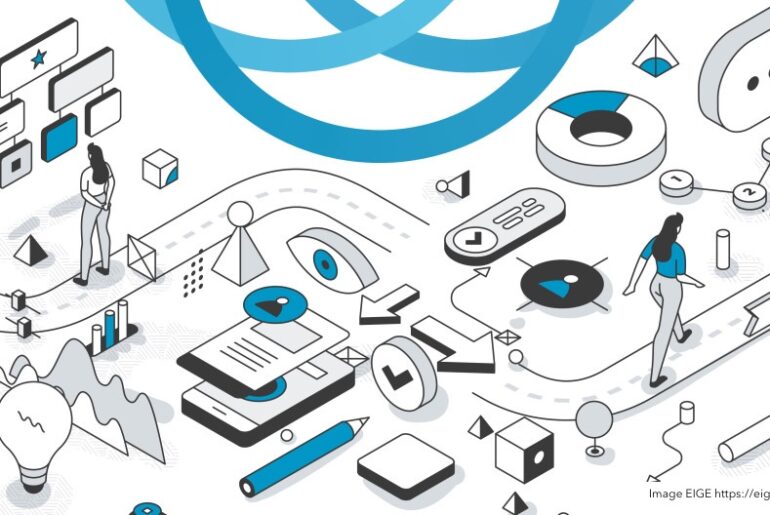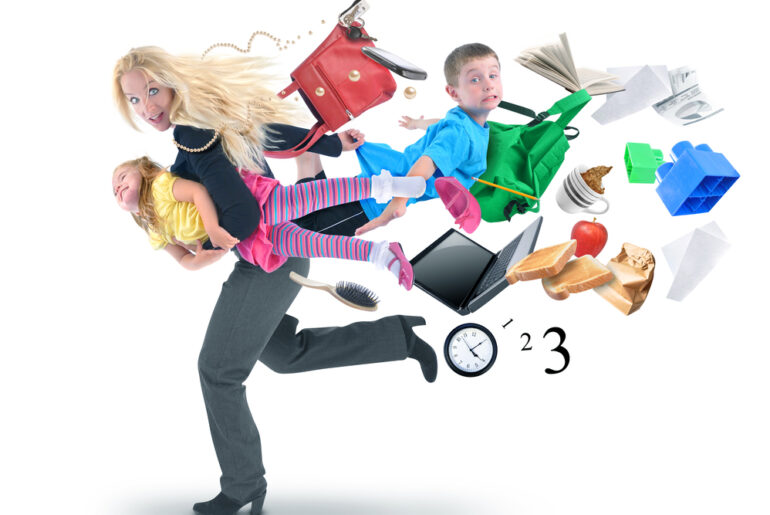Ensure Universal Access to Maternal healthcare in the European Union
18.12.22
The European Child Guarantee and universal maternal healthcare in Europe: the essential role of maternal health in the first 1000 days of child development
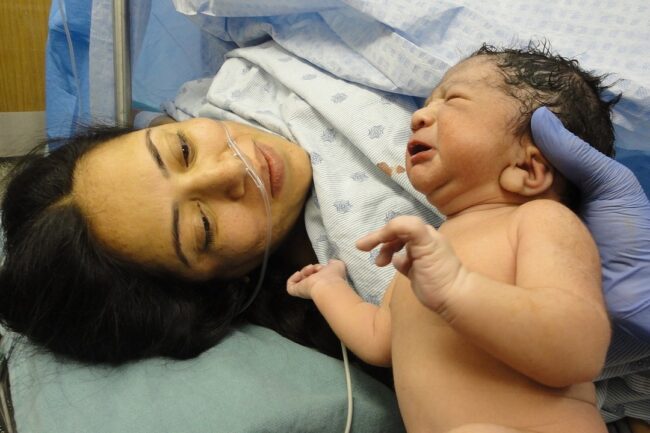
We at Make Mothers Matter have produced a joint paper with the European Public Health Alliance (EPHA), on ensuring universal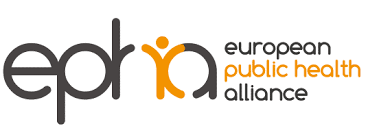 access to maternal healthcare in the European Union. The paper was presented on 29 November 2022, at an event hosted by Eurochild and ISSA, co-leaders of the “First Years First Priority” campaign organized at the European Parliament in Brussels. “First Years First Priority” is a European campaign which advocates for the prioritisation of early childhood development in public policies, with a focus on children, from birth to 6, who are most vulnerable: children with disabilities, migrant, refugee children, and those living in extreme poverty.
access to maternal healthcare in the European Union. The paper was presented on 29 November 2022, at an event hosted by Eurochild and ISSA, co-leaders of the “First Years First Priority” campaign organized at the European Parliament in Brussels. “First Years First Priority” is a European campaign which advocates for the prioritisation of early childhood development in public policies, with a focus on children, from birth to 6, who are most vulnerable: children with disabilities, migrant, refugee children, and those living in extreme poverty.
As part of the campaign, this paper aims to inform EU policy makers about, and to impress upon them, the importance of maternal healthcare in early childhood and during the first 1000 days of life within the context of the European Child Guarantee.
The Child Guarantee is part of the EU’s new policy framework which aims, along with the EU Strategy on the Rights of the Child, to ensure that the rights of all children are protected and that vulnerable children in particular, have access to basic services. The Child Guarantee’s objective is to combat social exclusion by guaranteeing that all children have access to key services including education, nutrition, housing and healthcare. In this paper, MMM argues that the Child Guarantee should include universal access to maternal healthcare, as the health of the mother and the health of the child are intrinsically linked.
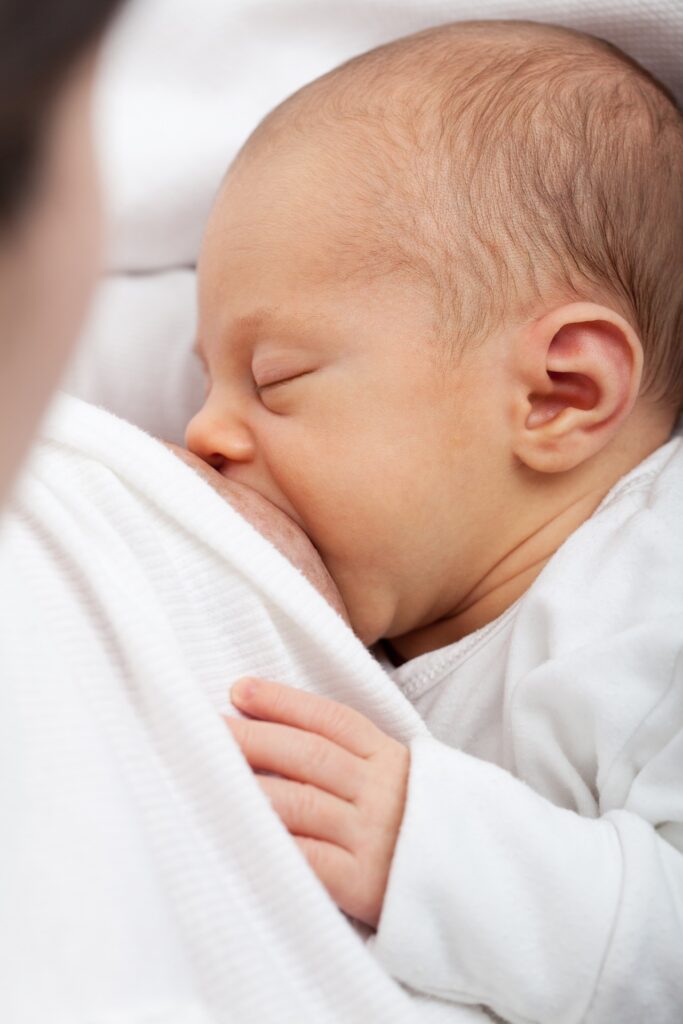 As stated in the paper, the first 1000 days of a child’s life are crucial for their development. This development begins before a child is born and depends largely on the health of the mother. A child’s first 1000 days sets a foundation for their mental and emotional health in addition to their physical, cognitive and social development. To ensure healthy development, support for children and access to quality healthcare during pregnancy, childbirth and the postpartum period are crucial. Universal access to maternal healthcare is thus essential not only for the health of the mother, but also so that all people can start life with the healthcare they need for healthy childhood development.
As stated in the paper, the first 1000 days of a child’s life are crucial for their development. This development begins before a child is born and depends largely on the health of the mother. A child’s first 1000 days sets a foundation for their mental and emotional health in addition to their physical, cognitive and social development. To ensure healthy development, support for children and access to quality healthcare during pregnancy, childbirth and the postpartum period are crucial. Universal access to maternal healthcare is thus essential not only for the health of the mother, but also so that all people can start life with the healthcare they need for healthy childhood development.
This means that as the European Union, Member States and their National Child Guarantee Coordinators must work towards improving childhood development and also address the importance of maternal health for women, children and their families. The paper outlines the following recommendations and ways forward:
EU Member States Must:
- Include universal access to maternal, newborn and child health care and parent-friendly care provisions in their Child Guarantee Action Plans
- Strive to achieve and provide Universal Health Coverage to all, as defined by the World Health Organisation (WHO), guaranteeing pre- and post-natal care for all women and children and Education and Care services for children under the age of three
- Provide accurate and clear maternal health information, with a special focus on the needs of migrant, Roma and other women in vulnerable situations
- Guarantee privacy of information about the migration status of pregnant women and ensure that immigration status is not a barrier to accessing healthcare services
- Prioritise investment in easily accessible medical facilities, maternal support programmes, and training of health professionals based on best practice
- Invest in maternal mental health services, including prevention, screening and support
Additionally, the paper considers the barriers in access to pre- and post-natal care. Currently, those who have the most difficulty accessing healthcare in the Member States include mainly the rural population, the elderly, the less mobile, women in vulnerable situations, migrants, refugees and those who are undocumented. The current barriers at the EU level to maternal health care include affordability of maternal care, lack of information and linguistic barriers, fear of deportation,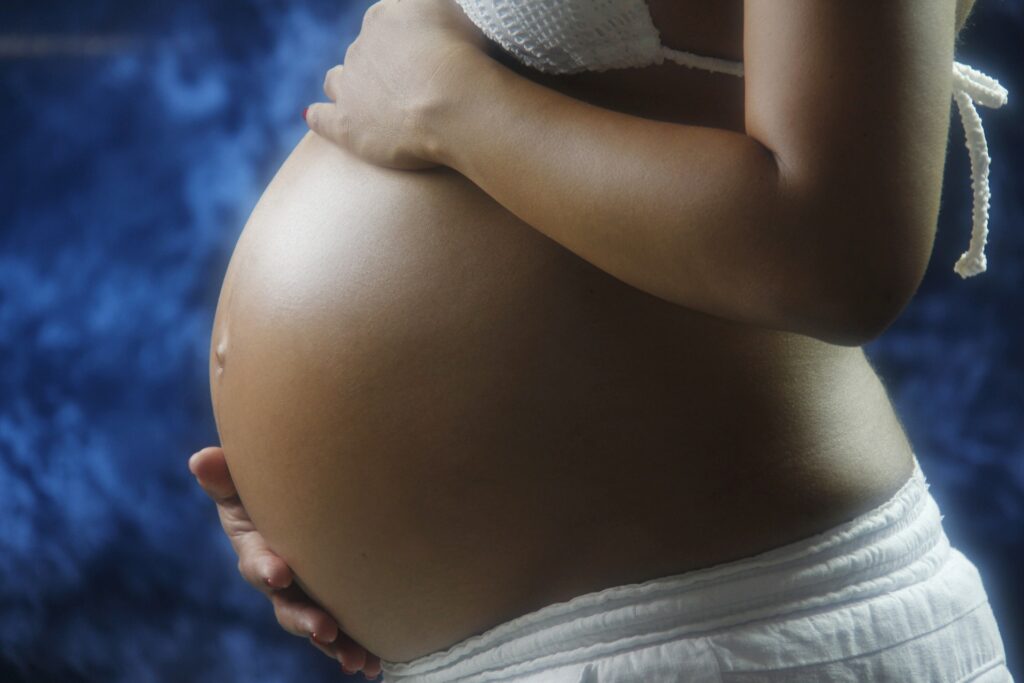 geographical distance, and de-prioritisation of maternal mental health. A child’s health is largely determined by the mother’s health, so it is crucial to give all mothers the care they need, both for her and for her child’s sake.
geographical distance, and de-prioritisation of maternal mental health. A child’s health is largely determined by the mother’s health, so it is crucial to give all mothers the care they need, both for her and for her child’s sake.
Time Poverty and the Motherhood Penalty – Unveiling Economic and Social Injustices
09.07.24
Mothers play an essential role in families by ensuring their loved ones are nourished, educated, and healthy, but their unpaid care work often leads to economic and social injustices, known
Envisioning care as a common thread to global crises
29.07.24
UN New York - Our virtual HLPF side-event brought together experts to shed light on how the various global crises we face (in particular climate change and other environmental crises,
We call for multi-stakeholder approach to recognise and support unpaid care work
21.07.24
UN New York - Participating in the meeting of the UN Economic and Social Council (ECOSOC) on care and support systems, MMM reaffirmed the principle of co-responsibility, which should underpin






